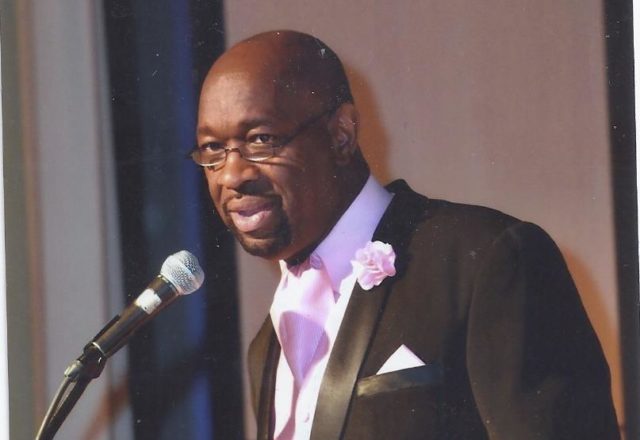
By Barnett Wright and Ariel Worthy
The Birmingham Times
Hezekiah Jackson, president of the Birmingham Metro Chapter of the National Association for the Advancement of Colored People (NAACP), has been ordered suspended by the group’s national office.
The decision to suspend Jackson was made at the national level, according to a source, pending an investigation whether Jackson tried to convince mostly black residents to not get their soil tested by the U.S. Environmental Protection Agency (EPA).
According to AL.com, on Sept. 7, NAACP President and CEO Derrick Johnson issued a letter notifying Jackson “that his membership in the NAACP and his leadership of the Branch were being immediately suspended pending a hearing into allegations (1) that he advised homeowners not to have their soil tested by the EPA for potentially deadly toxins, and (2) that he accepted cash payments for engaging in this activity,” the organization said in a statement. “Mr. Jackson was directed to immediately cease holding himself out as a member of the Association and as President of the Branch.”
A member of the local NAACP said in a telephone interview: “I can validate and confirm that these are the steps” the national office has decided to take.
Jackson, in an interview with The Birmingham Times, said he has not seen the letter from the NAACP but “was not surprised . . . I will be exonerated and I’m going through the full hearing,” Jackson said.
He added that he welcomes an investigation from the nation’s oldest civil rights organization to clear his name. “If the federal government couldn’t prove I took cash payments how does [the NAACP] think they can prove it,” Jackson said.
Several community activists have called for Jackson to step down after court testimony that Jackson received an amount that reached $4,000 a month from disgraced former state Rep. Oliver Robinson’s Foundation. Robinson has pleaded guilty to accepting bribes to oppose EPA cleanup efforts and awaits sentencing.
Jackson, president of the local NAACP for the past 20 years, vehemently denied wrongdoing, and even held a press conference Wednesday morning proclaiming that all 19 members of the local executive committee signed a “Statement of Confidence and Support” for Jackson.
“We do not want him to resign because he has done fantastic work in Birmingham and we are very, very proud of his leadership abilities that he has shown,” said Dr. Bertha Nettles, who signed the statement.
Terry Collins, second vice president of the chapter, said no evidence was ever presented to show that Jackson took money.
“He has worked tirelessly for over 20 years and done numerous things in the community and he’s never done anything for us to doubt his loyalty to the NAACP or anyone in the community,” Collins said.
Collins added that he was shocked to hear the allegations against Jackson.
“No local officer is paid anything, it’s not as if he’s done something that violated his work because he is giving his volunteered time and does so every day of the week,” Collins said. “I have not known him to be dishonest. He’s very thoughtful and a giving person.”
The Executive Committee of the Metro Birmingham NAACP met in a special called meeting on Sept. 8 at the request of several members to discuss whether there were concerns over Jackson’s leadership. The vote was 19-0 to support Jackson.
Last month, a federal jury convicted a Birmingham lawyer and an Alabama coal company executive in a scheme to bribe Robinson to use his office to oppose EPA cleanup efforts in the area. Robinson pleaded guilty in September 2017 to conspiracy, bribery, wire fraud, and tax evasion.
Jackson did not deny the existence of emails relating to his work in the matter with Robinson’s daughter, who ran Get Smart Tarrant, the grass roots organization fighting against the EPA’s soil-testing efforts. He maintained he did nothing wrong and also said he had no recollection of invoices that showed him being paid, which he also said during his testimony before a federal grand jury.
According to exhibits filed in court Jackson was paid for community engagement: $1,500 to $2,000 a month in 2015 and 2016 to promote the “facts” of the potentially responsible polluters who were fighting against taking responsibility for high levels of poisons, including lead and arsenic, in the community.
However, Jackson said he was “duped . . . and that very seldom happens.”




